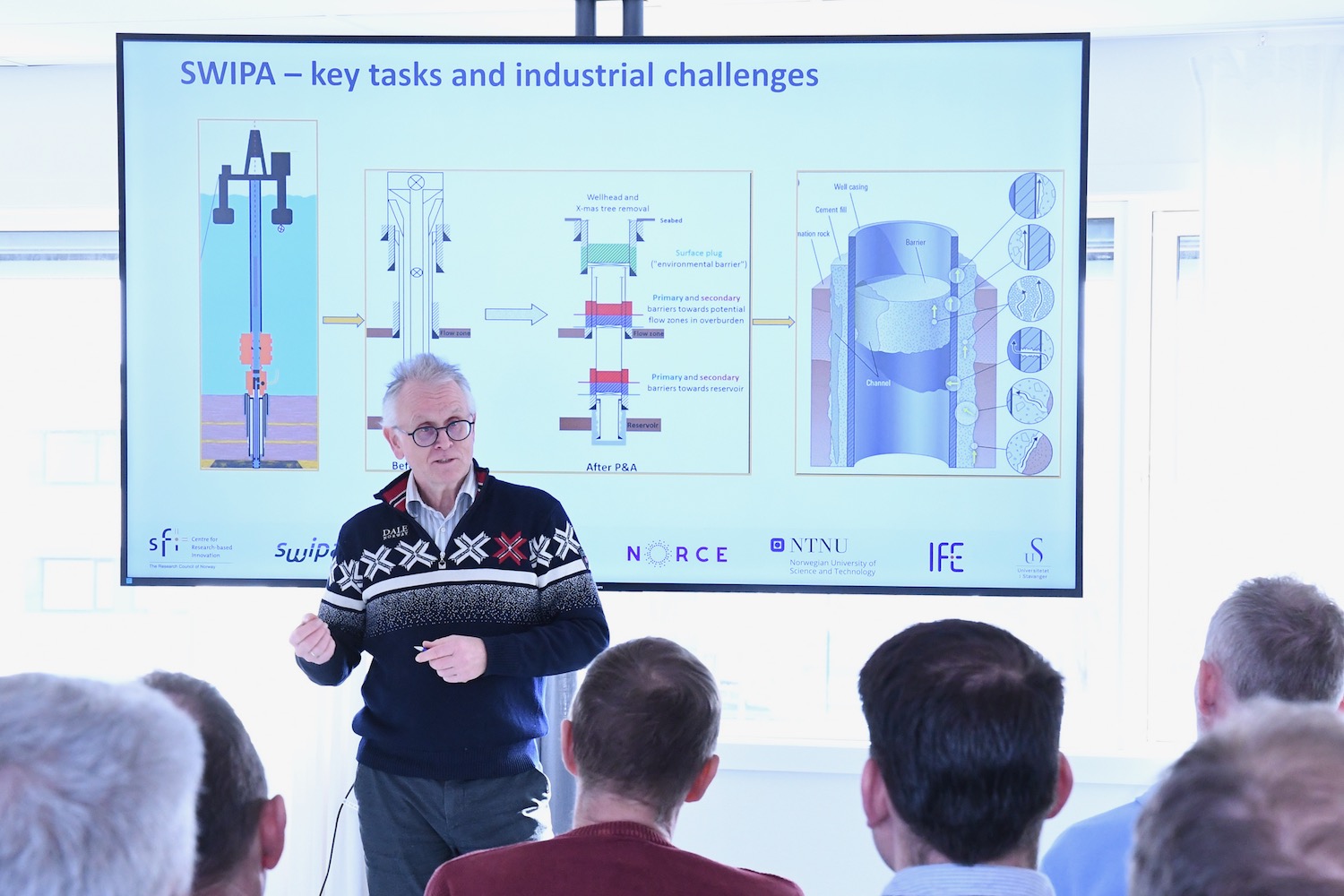Norwegian research institution SINTEF and The Norwegian University of Science and Technology lead efforts to establish a Center for Research-based Innovation (SFI) for Environmentally Acceptable Lubricants (EAL). Several GCE NODE participants are interested in taking part in the potential SFI.
“Lubricants and oils end up in nature in huge quantities and represent a direct and critical toxic effect on life in our oceans and lakes. It is a large-scale contamination of our common food supply, and it is high time to do something about this! With this SFI initiative, we encourage commitment to technology development and emission reduction, with a spotlight on environmentally friendly lubricants and recycling schemes for maritime industries,” says Christian von der Ohe, RD&I Manager at GCE NODE.
Lubricants and hydraulic fluids include base oils, detergents, performance additives, and more. These additive packages often contain large amounts of highly toxic components; mainly genotoxic, and carcinogenic heavy metals. They are widely used many industries, to help improve performance and lifetime of products and processes.
Global consumption remained stable at 4.6 liters consumption per person in 2023. The highest consumers in the European Union are Germany, Netherlands, and Finland. Consumption in Norway is approximately 60 million liters, of which 25 million liters are collected.
Lubricants represent a huge challenge since large volumes are used in or near bodies of water. Due to increased maritime transportation, total worldwide leakage of lubricants from operational leaks and discharges is estimated to release between 130 and 244 million liters per year to the oceans.
A solution is to develop environmentally acceptable lubricants. These come in different forms, such as:
- Non-bioaccumulative: The chemicals may not accumulate in the tissue of an organism and enter the food chain.
- Biodegradable: The substances of a lubricant must break down naturally according to the required test standards. At least 60% of the formulation should biodegrade within 28 days.
- Non-toxic: The formulation must pass a series of tests for acute toxicity and chronic toxicity.
Sergio Armada, Senior Researcher at SINTEF Industry Materials and Nanotechnology, encourages industry players to join in a consortium that will apply for SFI funding.
“Help contribute to Norway becoming one of the most environmentally friendly countries in the world when it comes to selecting and handling lubricants,” says Armada.
If successful, the SFI EAL will be secured NOK 200 million over eight years with a goal to expand the use of EALs in Norway.



